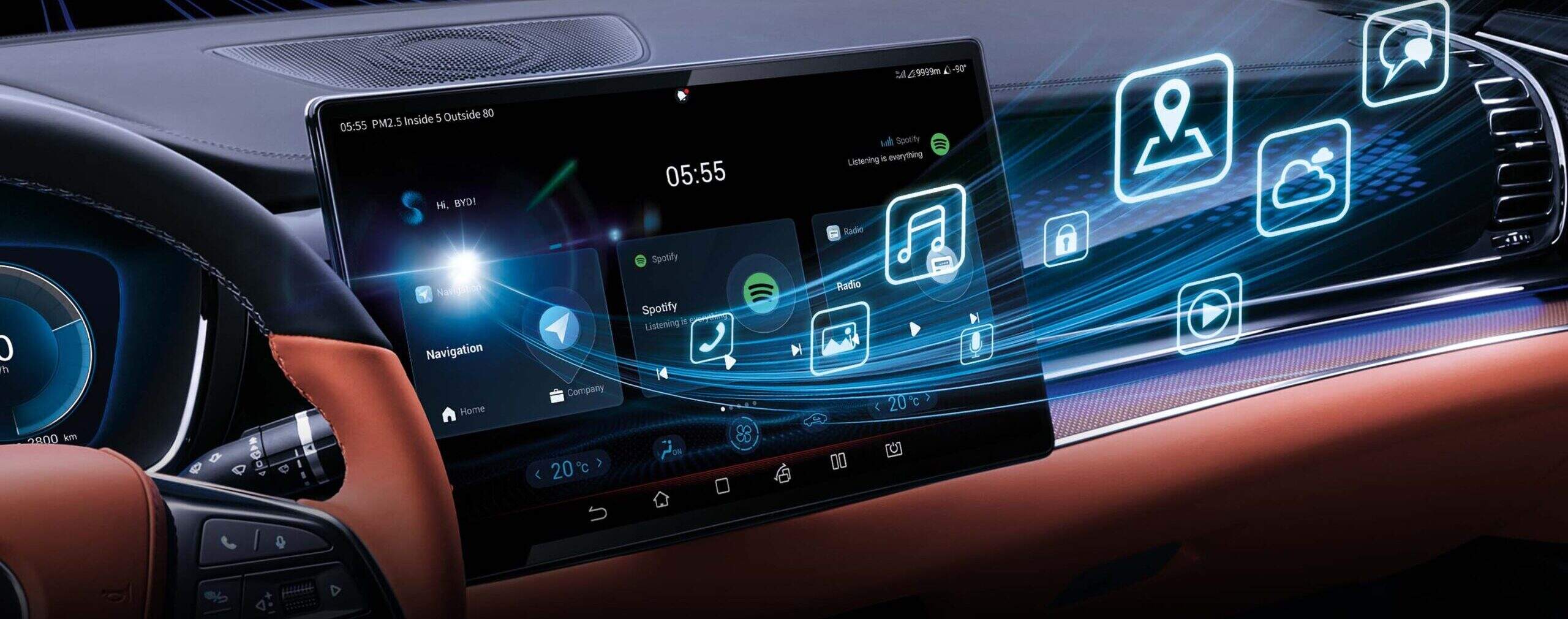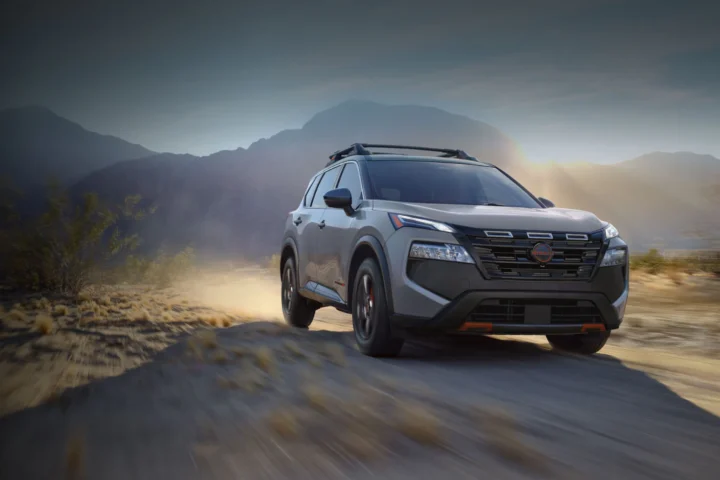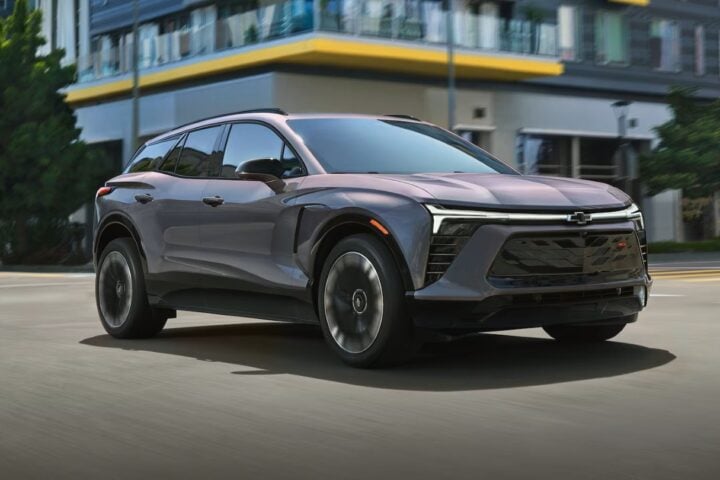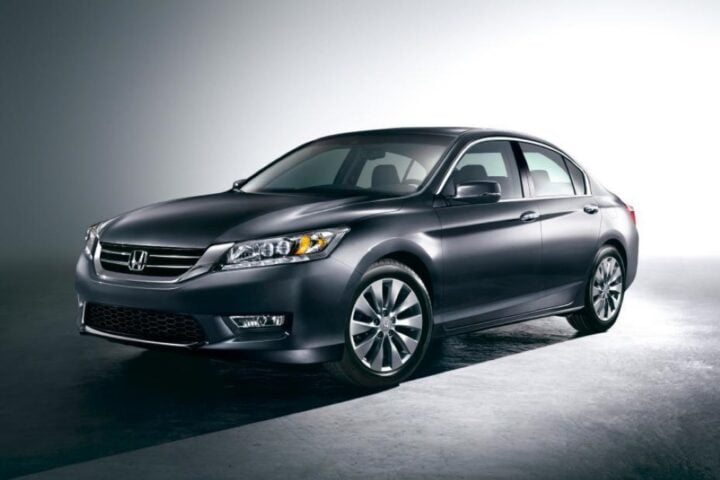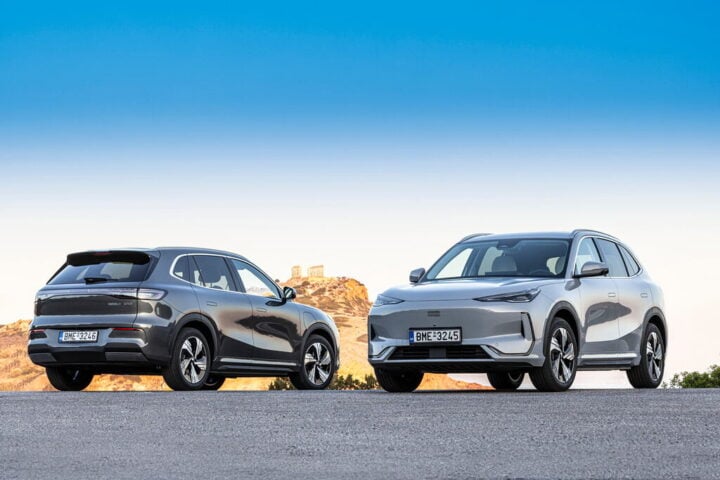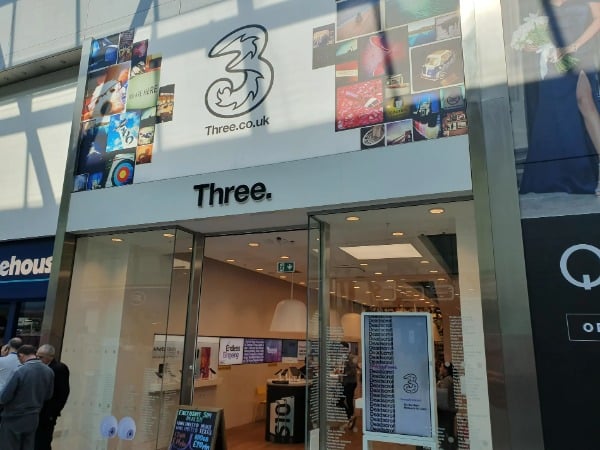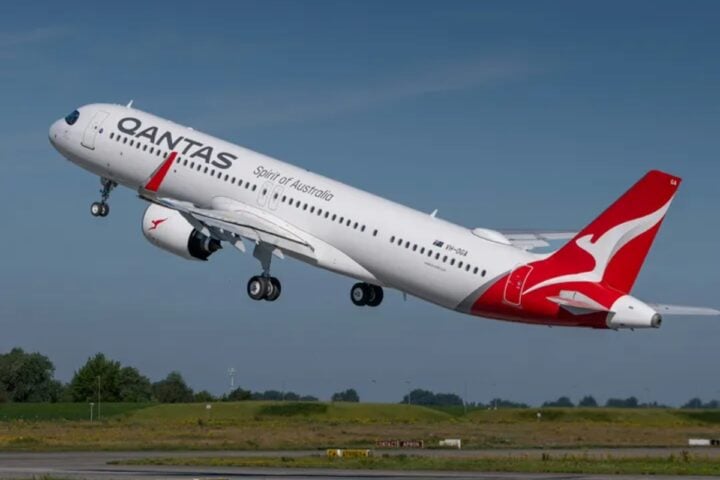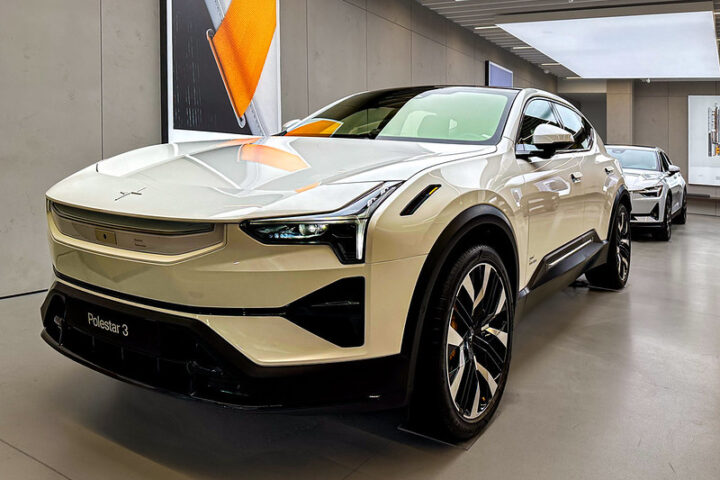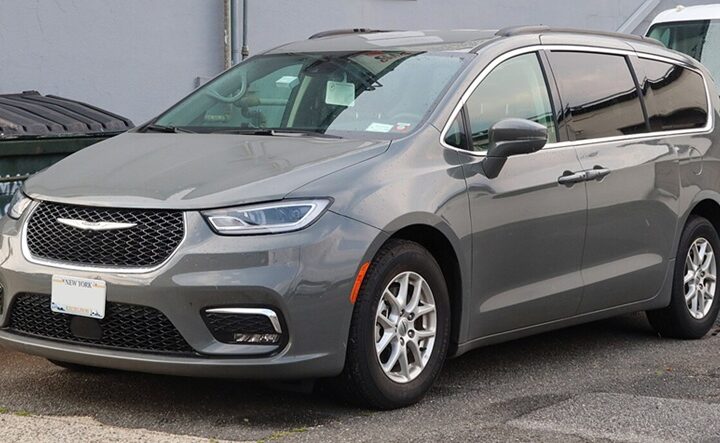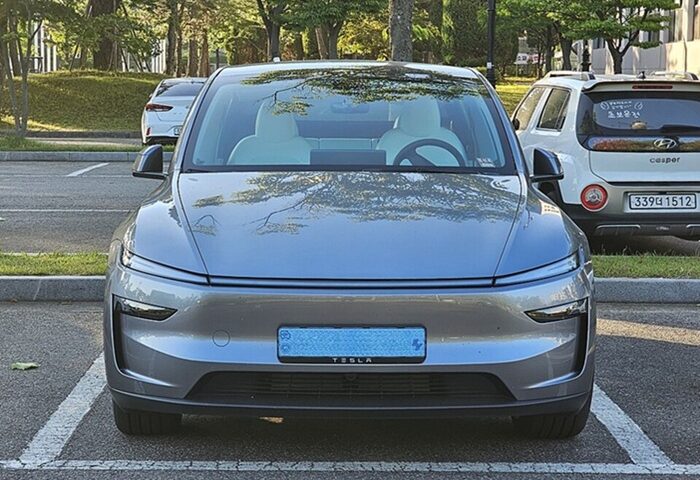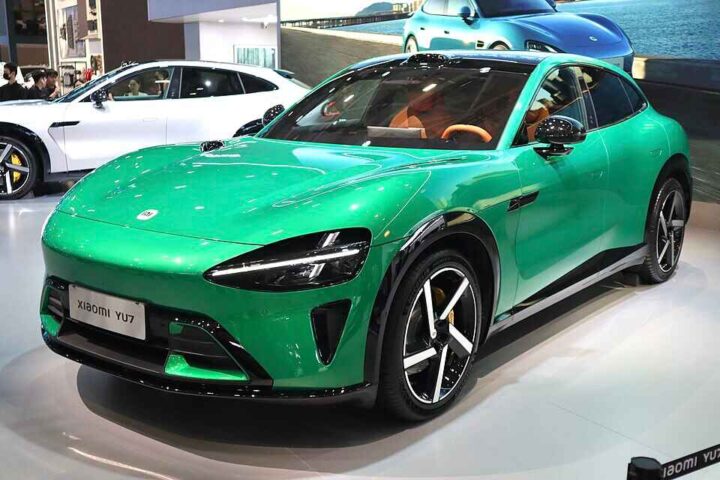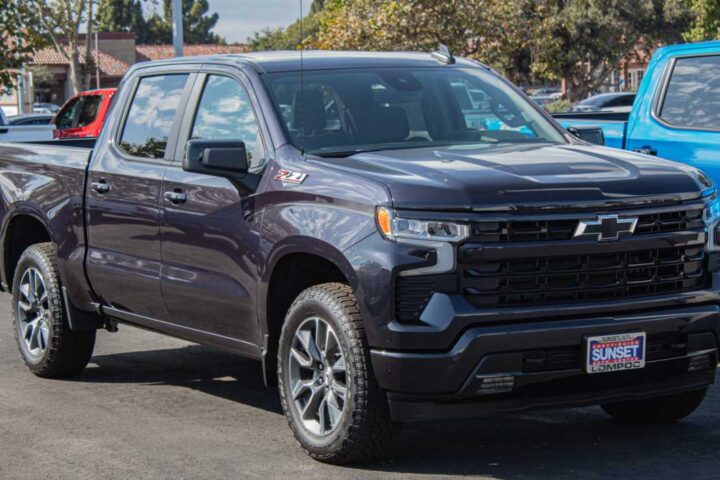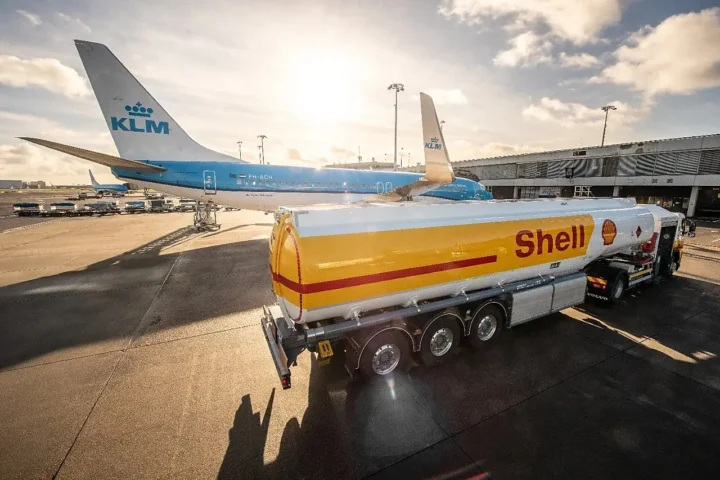The Bureau of Industry and Security (BIS) under the United States Department of Commerce proposed a ban on software and hardware systems developed by China. The department issued a notice of proposed rulemaking to propose a rule to address high risks to national security due to specific transactions involving information and communications technology and services (ICTS) that are designed, developed, manufactured, or supplied by persons owned by, controlled by, or subject to the jurisdiction or direction of certain foreign adversaries, particularly in connected vehicles. This proposed rule builds upon the past advance notice of proposed rulemaking (ANPRM) issued by BIS on March 1, 2024.
BIS stated that it identified the People’s Republic of China, including the Hong Kong Special Administrative Region (PRC), or the Russian Federation (Russia) as the two foreign adversaries posing risks to U.S. national security because of their legal, political, and regulatory regimes, combined with their current and anticipated growth and involvement in the automotive sector, to include Connected Vehicles. These countries can use their domestic legislation and regulatory regimes to force companies subject to their jurisdiction, including carmakers and their suppliers, to cooperate with security and intelligence services. Such control over companies and their products and services means that equipment is easily exploitable by PRC and Russian authorities. They could gain privileged access to Connected Vehicles through their components, including software. This might lead to extraction of sensitive data collected by connected vehicles and, potentially, allow remote access and manipulation of connected vehicles driven by U.S. citizens.
BIS plans to involve the manufactures into this decision allowing them to adapt to the changes. It proposes for vehicle manufacturers to comply by model year 2027, for vehicle hardware importers to comply by model year 2030 or 1 January 2029 and for vehicle manufacturers owned, controlled, or subject to the jurisdiction or direction of the PRC or Russia to sell connected vehicles with VCS hardware and/or covered software by model year 2027. However, BIS is welcoming any public comments on the issue. It is specifically looking for comments mentioning similar risks by other foreign adversaries. The comments received on the proposed rule will be considered and a final rule will be issued by the BIS for the adoption of the proposal. Once the final rule is published in the Federal Register, it would take 60 days to come into effect.
Similar Posts
The ban comes after the tariff rate hike announced by White House in May 2024 on electric vehicles under Section 301 from 25% to 100%. White House cited the protection of American manufacturers from China’s unfair trade practices as the reason for the hike. Further this ban will reduce the competition for auto parts manufacturers. This will lead to an increase in prices which will be burdened upon the consumers. Disincentivized investment and reduced employment in U.S. auto industry can further decline safety and quality of connected vehicles available to U.S. consumers. Smaller business is expected to be more affected to the decision as they often lack the due diligence and compliance resources compared to their larger competitors.
The Department of Commerce of China opposed the move and issued a statement which said “In recent years, the US has imposed high tariffs on Chinese automobiles, restricted participation in government procurement, introduced discriminatory subsidy policies, and now has slandered the software, hardware and vehicles of China’s connected cars as “unsafe” and restricted their use in United States on the grounds of so-called national security. The US move has no factual basis, violates the principles of market economy and fair competition, and is a typical protectionist approach, which seriously affects the normal cooperation between China and the United States in the field of connected vehicles, disrupts and distorts the global automotive industry chain and supply chain, and harms the interests of United States consumers. The US is also using government power to interfere with economic and commercial cooperation between enterprises, which constitutes economic coercion.”
“American national security is foundational. The autonomous vehicle industry has worked constructively with federal agencies and stakeholders to provide critical information about connected vehicles and how the AV industry works to ensure national security,” said Jeff Farrah, CEO for the Autonomous Vehicle Industry Association (AVIA). “AVIA commends the Department of Commerce for progress on its proposed rule and looks forward to continuing to engage with the Department and other U.S. government agencies on this important initiative.” In a statement, U.S. Secretary of Commerce Gina Raimondo justified the action stating that said “Cars today have cameras, microphones, GPS tracking, and other technologies connected to the internet. It doesn’t take much imagination to understand how a foreign adversary with access to this information could pose a serious risk to both our national security and the privacy of U.S. citizens. To address these national security concerns, the Commerce Department is taking targeted, proactive steps to keep PRC and Russian-manufactured technologies off American roads”.
